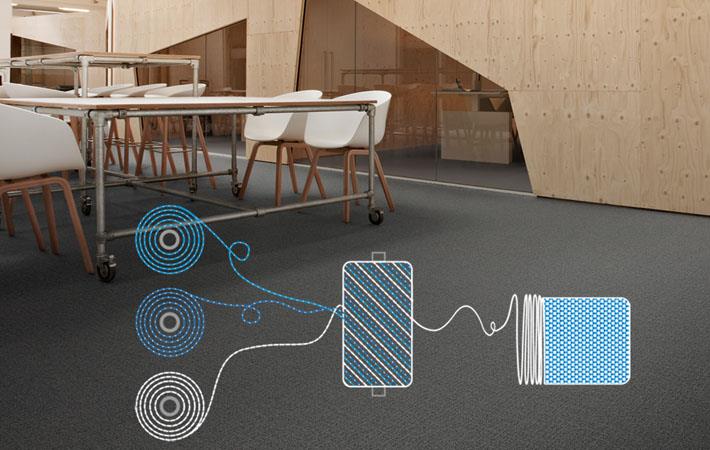
Project Effective's stakeholders' span eight countries and are leaders in renewable feedstock, conversion technologies, makers of intermediate and finished products, major consumer brands and recycling technologies. Participants include Aquafil, Genomatica, H&M, Carvico, Vaude, Balsan, Circular Change, Life Cycle Engineering, Bio-Mi, Südzucker, Fundación CIRCE, and Novamont.
The initiative is funded in part through a grant from the bio-based industries joint undertaking, a public/private partnership between the European Union’s Horizon 2020 programme and the Bio-based Industries Consortium. Aquafil and Genomatica’s agreement announced in early 2018 will pave the way toward the industrial production of bio-based nylon.
An advantage of Project Effective is the early involvement of major consumer brands, allowing them to contribute valuable customer- and industry-driven perspectives. This brand participation is expected to facilitate broader and faster adoption of sustainable technologies and products. Brands will better understand what monomers, polymers and sustainability initiatives are commercially available, enabling them to develop more effective plans with suppliers regarding bio-based ingredients and materials.
"This consortium is an important step toward a more circular economy," said Giulio Bonazzi, chairman and CEO of Aquafil. "Together we will drive new waves of healthy industrialisation, economic growth, and greater sustainability – better than we can individually."
"More renewables in product value chains means more impact," said Christophe Schilling, CEO of Genomatica. "More and more manufacturers and brands get it; more and more are taking action. We look forward to rapidly expanding the circle of action." (RR)
Fibre2Fashion News Desk – India